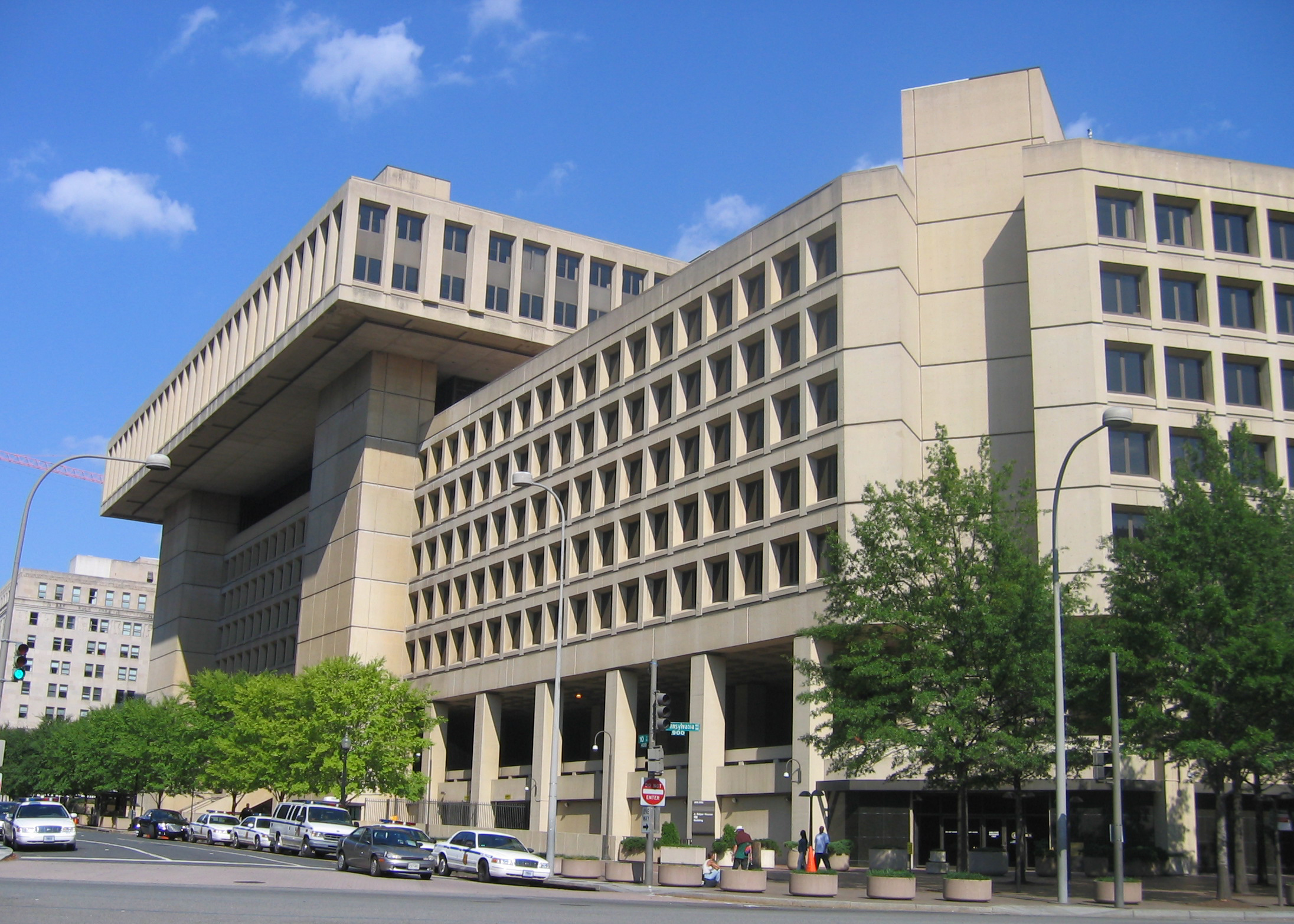Good morning, Bulletin readers. In a new explainer, we look at the tensions between armed protest and free speech. And in Connecticut, legislators are hoping to expand the nation’s first red flag law. Those stories lead your Thursday briefing.
Receive this daily news briefing by email every morning. Sign up here.
WHAT TO KNOW TODAY
NEW from THE TRACE: When protesters carry guns, does it impede others’ free speech? In late January, thousands of pro-gun activists descended on Richmond, Virginia, to protest a package of gun reform bills; many of them were armed. Fearing violence, untold numbers of counter-protesters diverted their plans to advocate for legislation on the same streets. Some legal commentators found the dynamic vexing and questioned if the protest was a healthy picture of free speech and debate. In this explainer, our contributor Olivia Li digs in.
Strengthening the nation’s original red flag law. In 1999, Connecticut became the first state to pass a law allowing authorities to seize legally purchased guns from people deemed a risk to themselves or others. This week, lawmakers filed a proposal to broaden who can request a gun removal order to include individual police officers, household members, and medical professionals. Since Connecticut passed its law, 17 other states have followed suit.
A mass shooting survivor died of his injuries eight years later. Baba Punjab Singh, 72, was left paralyzed after a white supremacist shot nine people, six fatally, at a Sikh temple in Wisconsin in 2012. The shooting is tied as the deadliest in the state’s history. “My father’s injuries and his passing, along with the other lives lost that day, are a reminder of the toxic hate that still plagues our country,” Singh’s son, Raghuvinder Singh, said.
The FBI is still letting homegrown terrorists slip through the cracks. That’s the conclusion of a new report released by the Justice Department’s Inspector General’s Office. The government watchdog singled out several mass shooters the FBI had looked into but ultimately cleared before their rampages, including the 2009 Fort Hood shooter and the Pulse nightclub gunman. The Inspector General recognized progress in the bureau’s vetting process but said it had “not taken sufficient action” to fix the problem.
Bill banning guns in daycare centers is sent to Washington’s governor. The measure would make it a gross misdemeanor for a civilian to bring a firearm into a family child care center, and require providers to securely store their weapons when children are present. The Democratic governor is expected to sign the proposal.
For our Chicago-area readers: On Friday, March 6, the University of Chicago is convening a multidisciplinary panel of experts to discuss America’s gun violence crisis. The University of Chicago Symposium on Gun Violence will take place from 8:30 a.m. to 4:30 p.m., and feature experts in law, medicine, public policy, and business to explore research-based strategies to tackle the problem. Details can be found here.
DATA POINT
Laws that hold gun owners accountable for negligent gun storage were associated with a 13 percent reduction in firearm fatalities for children under 14, according to a new study. The decline was nearly 60 percent in states with the most restrictive laws. — JAMA Pediatrics

